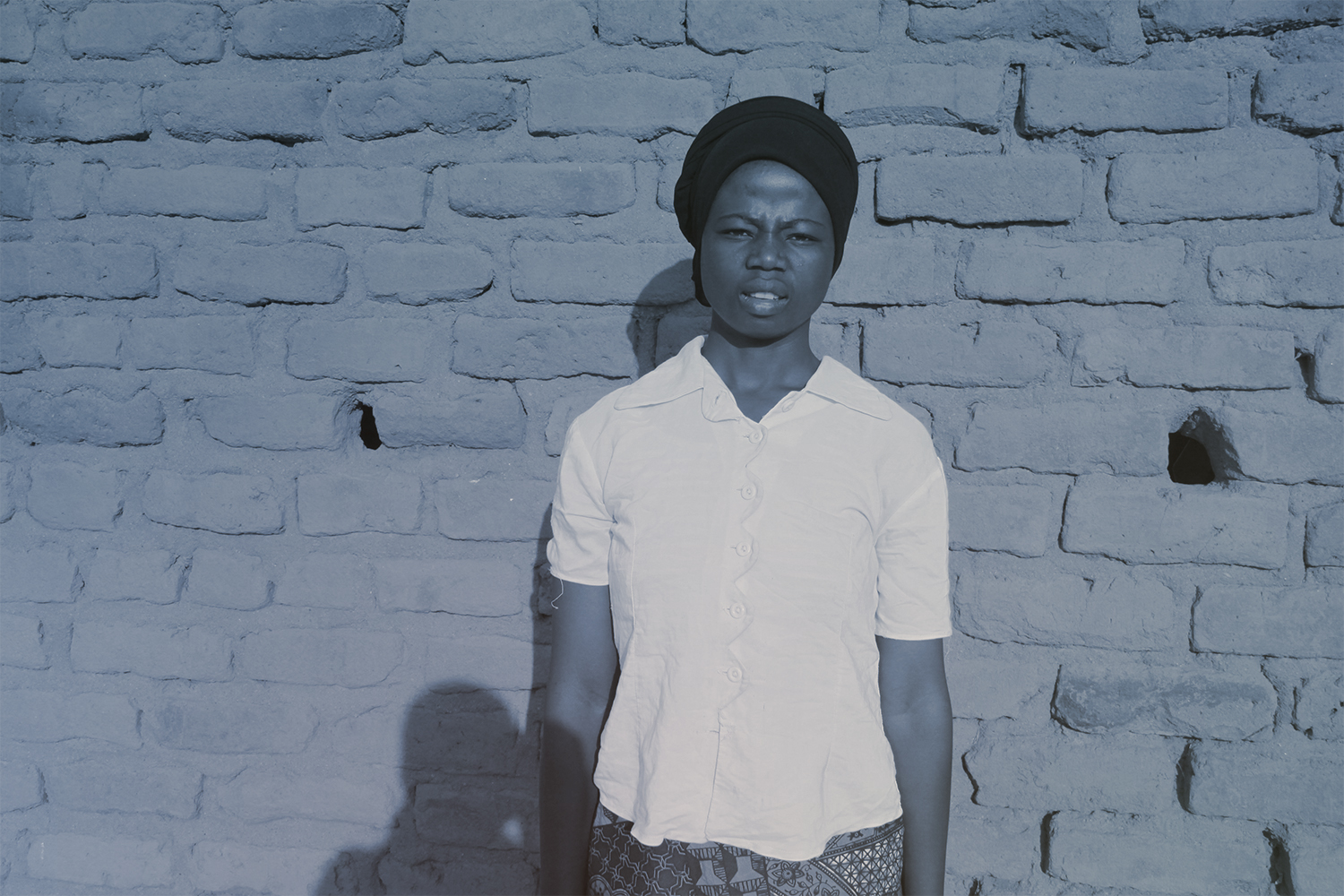The stories you will love to hear
Results from STECM

Teachers in Machinga rally girl children out of early marriages
Sep. 15th 21Ackim Mtayamanja was sitting in a dimly lit office, crammed with books and other school materials. On his desk was a sheet of paper on which he was scribbling some plan of action. “It’s details about a girl whose parents I would like to visit tomorrow. She dropped out of school and got married. She belongs in class here, not marriage,” Mtayamanja said. Across traditional authorities of Mlomba, Kawinga, Mchinguza and Chikweo in Machinga District, teachers like Mtayamanja are mobilizing girls who dropped out of school for marriage to return to class. It is the impact of an activity which Youth Response for Social Change is implementing in the four traditional authorities in the district in conjunction with Forum for Youth Development (FOYODE) and Nayuchi Aids Network Services (NANES). Hidjil Kalinde, YRSC monitoring and evaluation officer, said the USAID-supported Social Transformation for Ending Child Marriage in Machinga seeks to energise a movement of young people to fight child marriages in the district. To achieve this, the project works with a range of stakeholders. They include Youth Champions, Mother Groups, traditional leaders and teachers. “We have a created a formidable frontline that is dealing with various aspects including cultural complexities which treat the girl child as objects of marriage. These stakeholders are driving the mindset change agenda. They realize that returning girls to school and making sure they stay there is their responsibility too,” Kalinde said. Mtayamanja takes that responsibility with pride and passion. “Every week, I list a number of homes I want to visit to speak with girls who dropped out of school,” said Mtayamanja, a teacher at Mlambe Primary School. He has so returned 5 girls back to school. “When they are here, they are my direct responsibility because the school tasked me as a youth empowerment person. I speak with the rest of the learners against discrimination of these girls. We arrange remedial classes so that they can catch up,” Mtayamanja said. He said his motivation is to see the girls educated and assume roles of responsibility in society. “That drives me a lot,” he said. He admitted that the major challenges remains that many children come from poor homes that struggle to meet school needs of the girls. “Sometimes, we ask Mothers Groups to come in. They mobilise resources to buy exercise books and school uniforms sometimes but this remains a challenge that threaten the education of these girls,” he said. Thomas Selemani, headmaster at Mtalala CDSS which has a number of girls that have returned, some from marriages. He said accepting the girls back in class is a government policy. “We work within that policy of readmission. We work in collaboration with PTA [Parents and Teachers Association] on this matter. Our duty is not just to accept those girls back but to also ensure they stay until they finish. As a school, we are an agent of change and we are doing that in our work with YRSC,” Selemani said. Ackim Raja, Primary Education Advisor (PEA) for Mpombe Education Zone, says schools in the zone are working to ensure success of the programme. “At every level in all schools, we are making efforts to ensure that girls return and remain in school. Teachers are encourage to make the children comfortable. We provide the necessary support such as pyscho-social counselling. If it there is need that these girls should breastfeed their babies, schools provide for that. “Our desire is we should have as many of these girls as possible completing their education and becoming role models that will inspire others in this area,” he said. He admitted that the work is not easy. “The most serious challenge we face is resistance from some parents. They tell us that the child is not ours and we cannot be dictating what should be done on her. “So there is much work to do, mindset to change and some cultural beliefs to deal with,” he said.